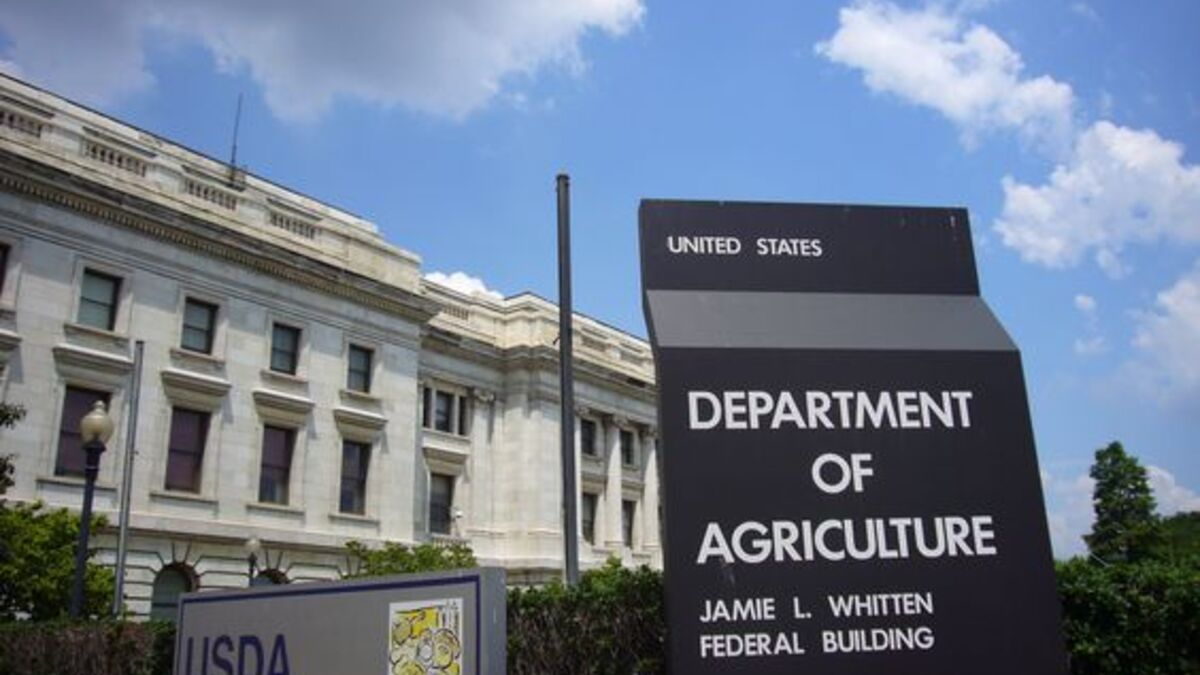RFK Jr. Pledges $5 Billion in Reparations to Black Farmers If Elected

RFK Jr. Pledges $5 Billion in Reparations to Black Farmers If Elected
RFK Jr.’s Campaign
RFK JR.’s Support
Legal Battle
The Promised Fee
High Criticism for Program
White Farmers Take A Stance
Legal Cases Caused Setbacks
The Restructured Plan
The Constant Fight for Justice
USDA's Pushes Back on Plan
Years of Inequality
Black Farmers Have Reduced
MOST POPULAR
-
Dinosaur Embryo Discovered Inside 72-Million-Year-Old Egg
March 22, 2024 -
Some Countries With Strict Anti-LGBTQ+ Laws
March 22, 2024 -
New Study Reveals Underground Climate Change Below Populated U.S. Cities
March 18, 2024 -
Truckers Show Support for Trump, Boycott NYC Amid $355 Million Civil Fraud Ruling
April 17, 2024 -
Did Oswald Act Alone? Chilling Testimonies From JFK’s Assassination
March 9, 2024 -
CRFB Reveals How Much National Debt Trump Incurred in His Presidency
April 19, 2024 -
Americans Think Both Biden and Trump Would Not Make Good Presidents
April 16, 2024 -
Here’s Why Young American Males Don’t Want a College Education
May 18, 2024 -
Baltimore Mayor Accuses Racists of Weaponizing DEI Language
April 15, 2024 -
Federal Judge Suggests Trump Might Incite Another Riot Like January 6
April 18, 2024














